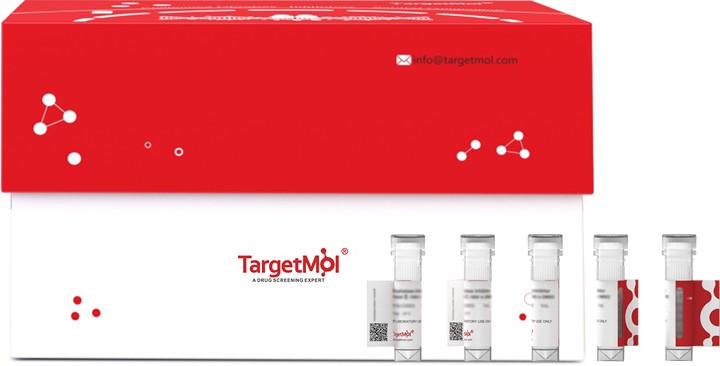Shopping Cart
- Remove All
 Your shopping cart is currently empty
Your shopping cart is currently empty

Lck Protein, Human, Recombinant (GST) is expressed in Baculovirus-Insect Cells. The accession number is P06239-1.

| Pack Size | Price | Availability | Quantity |
|---|---|---|---|
| 50 μg | $497 | 7-10 days |
| Biological Activity | The specific activity was determined to be 70 nmol/min/mg using Poly(Glu,Tyr) 4:1 as substrate. |
| Description | Lck Protein, Human, Recombinant (GST) is expressed in Baculovirus-Insect Cells. The accession number is P06239-1. |
| Species | Human |
| Expression System | Baculovirus Insect Cells |
| Tag | N-GST |
| Accession Number | P06239-1 |
| Synonyms | YT16,pp58lck,p56lck,LSK,LCK,IMD22 |
| Construction | A DNA sequence encoding the human LCK (NP_001036236.1) (Met 1-Pro 509) was fused with the GST tag at the N-terminus. |
| Protein Purity | > 90% as determined by SDS-PAGE |
| Molecular Weight | 84.4 kDa (predicted); 80 kDa (reducing contition) |
| Endotoxin | < 1.0 EU per μg of the protein as determined by the LAL method |
| Formulation | Supplied as sterile 50 mM Tris, 100 mM NaCl, pH 8.0, 0.5 mM GSH, 0.1 mM EGTA, 0.1 mM EDTA, 0.5 mM PMSF, 10% glycerol. Please contact us for any concerns or special requirements. Please refer to the specific buffer information in the hardcopy of datasheet or the lot-specific COA. |
| Stability & Storage | It is recommended to store recombinant proteins at -20°C to -80°C for future use. Lyophilized powders can be stably stored for over 12 months, while liquid products can be stored for 6-12 months at -80°C. For reconstituted protein solutions, the solution can be stored at -20°C to -80°C for at least 3 months. Please avoid multiple freeze-thaw cycles and store products in aliquots. |
| Shipping | Kinases are highly recommended to be shipped at frozen temperature with blue ice or dry ice.Shipment made at ambient temperature may seriously affect the activity of the ordered products. |
| Research Background | Protein kinases are critically involved in signaling pathways that regulate cell growth, differentiation, activation, and survival. Initially identified as a T-cell specific member of the Src family of protein tyrosine kinases, Lck has become the object of intensive investigations which have revealed a key role for this kinase in the central processes controlling T-cell development, activation, proliferation, and survival. Lck is expressed specifically in lymphoid cells. It contains one protein kinase domain, one SH2 domain, and one SH3 domain. It is associated with a variety of cell surface receptors and is critical for signal transduction from the T-cell antigen receptor (TCR). Consequently, Lck is targeted by regulatory proteins of T-lymphotropic viruses, especially by the Herpesvirus saimiri (HVS) tyrosine kinase interacting protein (Tip). This oncoprotein physically interacts with Lck in HVS transformed T cells and has an impact on its catalytic activity. Together with the identification of defects in the regulation of Lck expression or activity in T-cell leukemias, suggests that dysregulation of Lck might play a role in neoplastic transformation. However, under certain conditions, Lck is also involved in the induction of apoptosis. This chemosensitizing effect of Lck is independent of T-cell receptor signaling and does not require the kinase activity of Lck. The findings demonstrate that Lck might be part of two independent signaling pathways leading to either cell proliferation or apoptosis. |

Copyright © 2015-2025 TargetMol Chemicals Inc. All Rights Reserved.